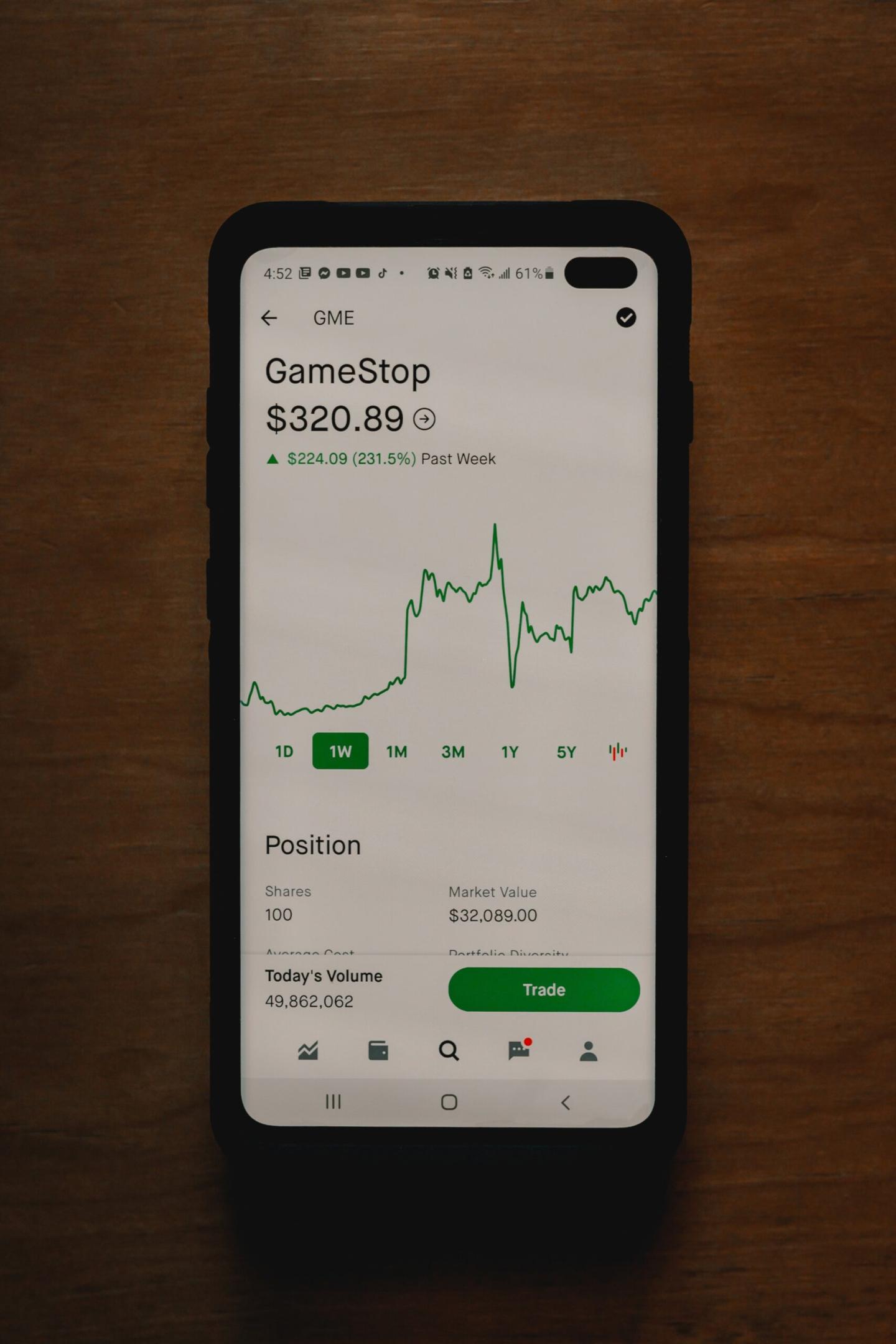Introduction
The Search Engine Results Page (SERP) is a crucial component of any online marketing strategy. It is the page that displays the results of a user’s search query on search engines like Google. The position of your website on the SERP can greatly impact your organic traffic, conversions, and overall online visibility.
SERP volatility refers to the fluctuations and changes in search rankings that occur over time. These changes can be caused by various factors, including search engine algorithm updates, competitor activities, seasonal trends, technical issues, and changes in user behavior and intent.
Defining SERP Volatility
SERP volatility is the measure of how much search rankings fluctuate over a given period of time. It indicates the level of instability and unpredictability in search engine results. The higher the volatility, the more frequently and dramatically search rankings change.
Several factors contribute to SERP volatility:
- Search engine algorithm updates: Search engines like Google regularly update their algorithms to improve search results and user experience. These updates can significantly impact search rankings.
- Competitor website changes and activities: Changes in your competitors’ websites, such as content updates, backlink acquisitions, or technical improvements, can affect your search rankings.
- Seasonal and industry-specific trends: Certain industries experience seasonal fluctuations in search rankings due to changing consumer behavior and demand.
- Technical issues on your website: Downtime, crawl errors, slow page speed, and other technical issues can negatively impact your search rankings.
- Changes in search behavior and user intent: Shifts in user behavior, such as the increasing use of voice search or changes in search queries, can lead to fluctuations in search rankings.
Common Causes of SERP Volatility
Monitoring SERP volatility is essential for understanding how changes in search rankings can affect your website’s performance. Several tools and platforms can help you track and analyze SERP fluctuations, such as SEMrush, Ahrefs, and Moz.
How SERP Volatility Affects Your Website
SERP volatility can have significant implications for your website and online presence:
- Impact on organic traffic and conversions: Fluctuations in search rankings can directly impact the amount of organic traffic your website receives and, consequently, your conversions and revenue.
- Influence on user trust and brand perception: Instability in search rankings can affect user trust and brand perception. Users may question the reliability and credibility of websites that frequently change positions on the SERP.
- Effects on SEO strategies and marketing campaigns: SERP volatility necessitates constant monitoring and adjustment of SEO strategies and marketing campaigns to maintain and improve search rankings.
Strategies to Mitigate the Impact of SERP Volatility
While you cannot completely control SERP volatility, there are strategies you can employ to minimize its impact:
- Ensuring website content quality and relevance: Creating high-quality, relevant content that satisfies user intent can help improve search rankings and mitigate the effects of volatility.
- Building a diverse and high-quality backlink profile: Acquiring authoritative and relevant backlinks can enhance your website’s credibility and improve its resilience to SERP fluctuations.
- Regularly updating and optimizing website content: Keeping your website content fresh, up-to-date, and optimized for target keywords can help improve search rankings and adapt to algorithm changes.
- Monitoring technical health and performance of the website: Regularly checking for technical issues, optimizing page speed, and ensuring a smooth user experience can contribute to stable search rankings.
- Keeping abreast of industry news and search engine updates: Staying informed about industry trends, search engine algorithm updates, and changes in user behavior can help you anticipate and respond to SERP fluctuations.
Embracing SERP Volatility: Opportunities Amidst the Chaos
Instead of fearing SERP volatility, businesses can view it as an opportunity for growth:
- Using volatility as an opportunity to identify gaps and weaknesses: Fluctuations in search rankings can highlight areas for improvement in your SEO strategy and website content.
- Adapting and evolving SEO strategies based on changing SERP landscapes: Analyzing and understanding the causes of SERP volatility can help you adapt your SEO strategies to better align with search engine algorithms and user intent.
- Understanding that short-term drops can lead to long-term gains: Temporary drops in search rankings can be a chance to reevaluate and optimize your website, ultimately leading to improved long-term performance.
The Future of SERP Volatility
The frequency and impact of future SERP changes are difficult to predict. However, it is clear that search engines and user behavior will continue to evolve. To prepare for an unpredictable digital landscape, businesses should focus on:
- Staying updated with search engine algorithm changes: Keeping track of search engine updates and industry news can help you anticipate and adapt to future SERP fluctuations.
- Continuously learning and evolving: Embracing a culture of continuous learning and experimentation can help you stay ahead of the curve and navigate through future SERP changes.
Conclusion
SERP volatility is an inherent aspect of the digital age. It is crucial for businesses to understand and adapt to the ever-changing search landscape. By monitoring SERP fluctuations, employing effective strategies, and embracing volatility as an opportunity, businesses can navigate through the chaos and achieve long-term success in search engine rankings.
FAQ Section
Q: How often do search engine algorithms change?
A: Search engine algorithms can change frequently, with major updates occurring multiple times a year. It is important to stay updated with algorithm changes to adapt your SEO strategies accordingly.
Q: How long does it take to recover from a drop in search rankings?
A: The time it takes to recover from a drop in search rankings can vary depending on the cause and the actions taken to address the issue. It may take weeks or even months to regain previous positions on the SERP.
Q: Can SERP volatility be completely eliminated?
A: No, SERP volatility cannot be completely eliminated as search engines constantly update their algorithms and user behavior continues to evolve. However, by employing effective SEO strategies and staying informed about industry trends, businesses can mitigate the impact of SERP fluctuations.


